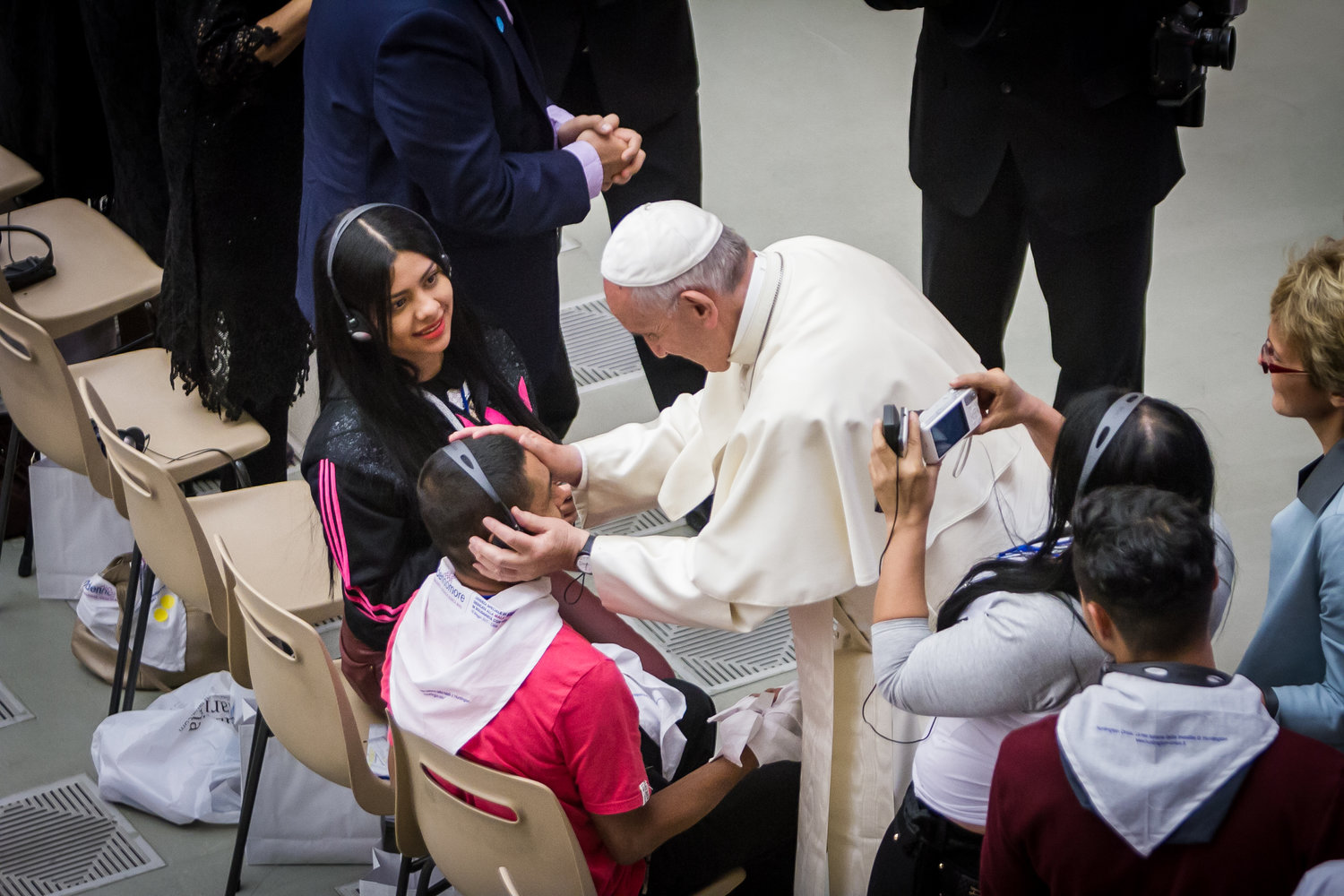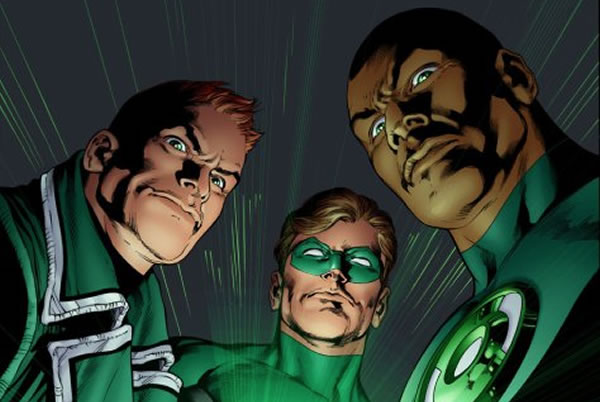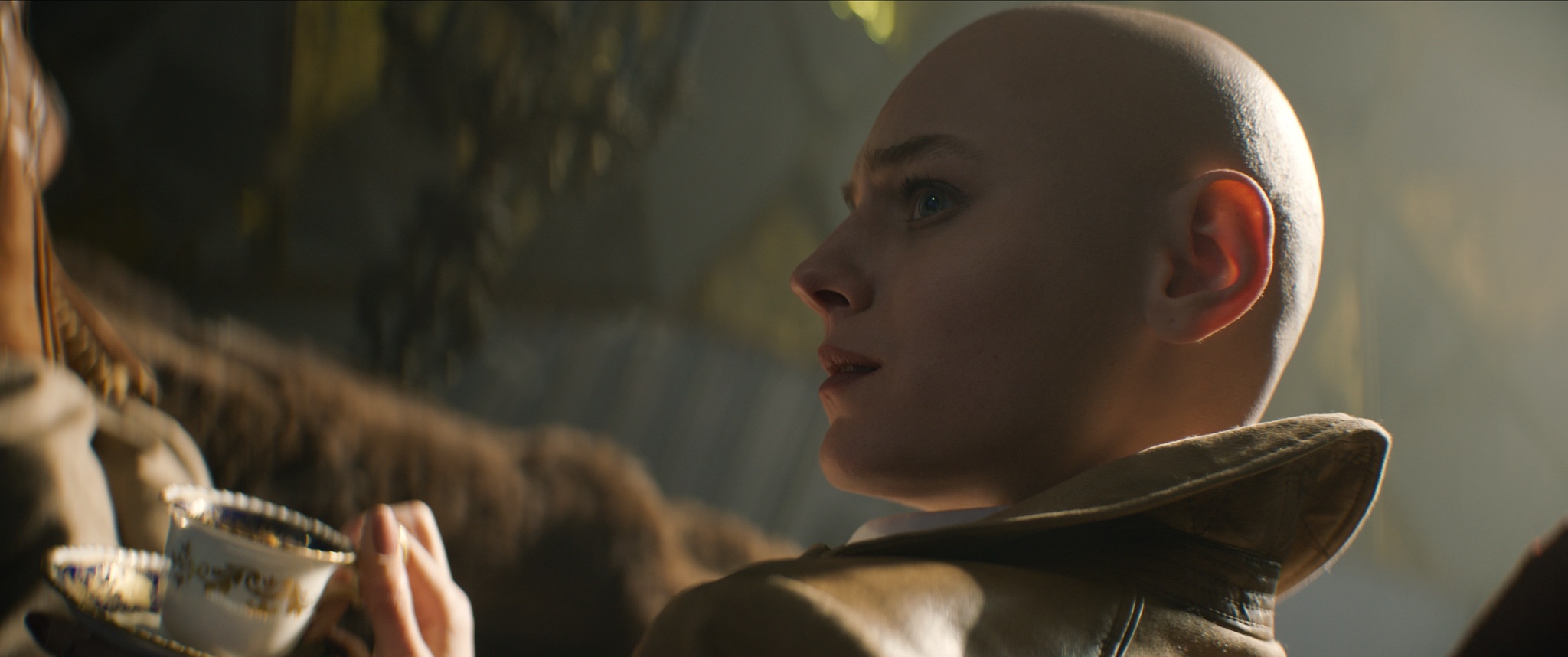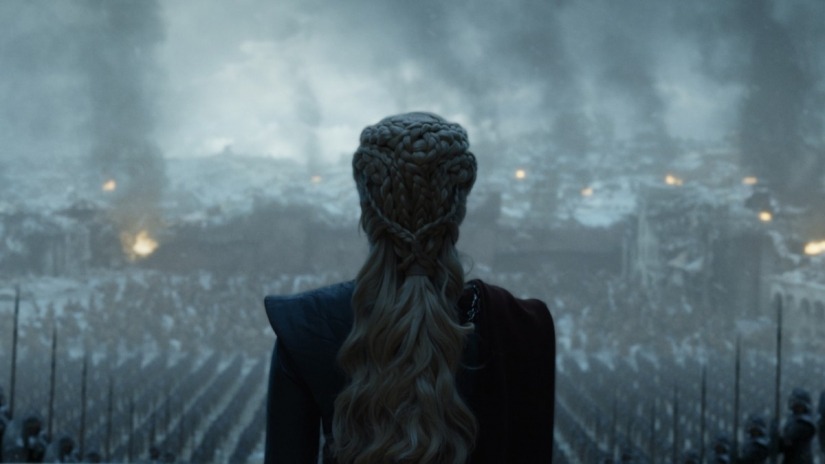
Huntington’s Disease is a very rare fatal genetic brain disorder that is affecting nearly one million people globally.
Without any effective treatment, most people have never heard of the disease nor care about those who were afflicted with this hereditary disorder.
In Dancing at the Vatican, an Emmy award winning reporter Charles Sabine teamed with Dr. Elena Cattaneo, Life Senator in Italy, Dr. Ignacio Munox-Sanjuan and geneticist Dr. Claudia Perandones, founders of Factor-H, to bring Huntington’s Disease awareness to the forefront with an audience with the Pope.
The documentary journals multiple families from Latin America, who have never been outside of their small villages and some without birth certificates and passports. Despite their symptoms and challenges, the families persisted in meeting with the Pope in Rome as ambassadors of Huntington’s Disease.
LRM Online attended a special premiere charity screening of Dancing at the Vatican in Beverly Hills, Calif., late last month. We sat down exclusively with Dr. Ignacio Munos-Sanjuan, the co-founder of Factor-H and a subject in the documentary. Factor-H is a charity that helps HD sufferers in Latin America and helped organized the Pope event.
We talked about the disease, organizing the event, the family subjects and the aftermath of the Pope meeting.
Dancing at the Vatican will have more special event screenings in the United States in the future. Please visit www.dancingatthevatican.com for more information. To donate to help Latino families with Huntington’s Disease, visit www.factor-h.org.
Read our exclusive interview with Dr. Ignacio Munos-Sanjuan below.
LRM: Congratulations on the documentary Dancing At the Vatican. Did you about the process of the documentary? Were you surprised that they were going to make this?
Ignacio Munoz-Sanjuan: We planned it from day one. Um, I wasn’t in charge of it, because I’m not in the media business. The moment we realized we received the letter from the Pope saying that they would welcome our people in an audience. We started talking about the fact that we needed to document everything and eventually make a documentary. I was aware all along.
LRM: Tell us about the Huntington’s Disease. It’s not a very well-known disease towards most of us in the populace.
Ignacio Munoz-Sanjuan: That’s correct. This is considered a rare disorder, because it only affects about one in 10,000 people in Europe and North America. It is very well known to people who focus on genetic disorders of the brain. It is one of the most prevalent genetic conditions of the brain. It’s caused by a single mutation in a single gene, which makes it very unique compared to other diseases like Alzheimer’s or Parkinson’s where most people get the disease. But, you don’t know why.
LRM: By watching the documentary, it doesn’t seem like you’re just only tackling the disease, but you’re also tackling these social ills towards the disease. Could you talk more about that?
Ignacio Munoz-Sanjuan: I have two jobs. One that pays and one that doesn’t. The one that pays is as a scientist. My role is to develop therapies for Huntington’s Disease. I’ve been doing this for 12 years. The social aspect I do through my foundation Factor-H, which is a nonprofit that doesn’t focus on medical aspects other than providing help. It focuses on trying to improve their quality of life of people in South America.
LRM: When you decided to contact the Pope regarding all of this, how did it initiate and what was your reaction when you got the response?
Ignacio Munoz-Sanjuan: The two towns with the highest number of patients in the world are in Venezuela. The infrastructure there was this small. We had no way of trying to help the patients. Out of desperation, we thought that maybe trying to get the Church’s attention would be a good way to help. One of the three people that organized the whole process is a Senator from Life in Italy and she had good connections in the Vatican. We thought maybe writing to the Pope would help. That took about eight months between the first letter. It took many more letters and many visits to the Vatican by her. When we got the letter, we knew this was happening. We fixed the date. We had done to get organized fundraising and organized the travel and the passports and everything that needed to be done for the film.
LRM: During this process, there were no doubts that you are going to get an audience with the Pope?
Ignacio Munoz-Sanjuan: No. We’ve got an official confirmation from the Vatican. That this event would happen on a certain date. We needed to get it organized to make that happen. The challenge was, even though I had identified the families that eventually went to Rome, we needed to let them know. They needed to say yes. We needed to sort out the birth certificates and passports. These were very poor people. It wasn’t clear even until very close to the trip that some of them could make it.
LRM: Tell us about the selection process. How, how did that actually came about for you? How do you choose which family?
Ignacio Munoz-Sanjuan: I knew quite a lot of the families myself through the work that we’ve been doing there. I certainly knew all of the, all of the clinicians and a couple of the families that I didn’t know personally, but they recommended them. There was a logic to the selection of the families. I wanted to capture for each family to symbolize a different aspect of the disease. There was a caregiver from Columbia with eight kids with Huntington’s Disease. There was the father and son relationship in two families with the father and the son both sick with Huntington’s Disease.
Then there was the urban rural divide. There was a family that doesn’t get mentioned that much in the documentary from Medellin that they were displaced by the civil war in Colombia. They showed different kinds of marginalization that happens in the inner city of poor neighborhoods versus the rural communities. Each family represented how the same disease can lead to a different manifestation depending on where you live.
LRM: Were there any families that did not want to participate?
Ignacio Munoz-Sanjuan: There were a couple of funny stories. The first one, Dilia [Oveido Guillen]said no, because she was worried that on who was going to take care of her four dying children. They don’t have any money. We had to pay for a caregiver to stay with her kids while she traveled with her daughter to the Vatican.
Then the three Soto siblings from Barranquitas, the poorest of the poorest people. They were ones seen hugging the Pope. They almost didn’t come since the rest of the community was telling them that it couldn’t possibly be true. We were probably going to steal their brains for science. They were urged not to go since it wasn’t true. They couldn’t believe that something like that were happening to them. We had to persuade them that this was real and in the end everybody came. It wasn’t easy at the beginning.
LRM: I’m assuming the audience with the Pope was the easiest out of all of this.
Ignacio Munoz-Sanjuan: The moment I got to Rome, I felt very relieved that I have done my duties. Traveling with 26 people, including several patients in pretty advanced condition from Colombia, Venezuela to Panama to Madrid and then to Rome, was not a trivial process. We didn’t sleep for a couple of days. The Pope event, itself, was just a really wonderful event. I just felt very relieved that it was happening, but a lot of them work came before that trip.
LRM: Tell us about the post event. What are some of the happenings now?
Ignacio Munoz-Sanjuan: Some good stories. And some not so good stories. As you can see, some of the people went back and they are still living in horrible circumstances. I made some promises to those families and I’m trying to live up to them. For example, one got a sponsor who covers his care for the rest of his life. It was a sponsor from Italy, a wonderful person. He was lucky. We continued to help a few of the families. For some of them, I promised them that we would build them new homes. Given the situation in Venezuela, buying them land with all the permits and stuff is very slow. We just acquired the land that we’re hoping to build in the homes that they really want. But it’s, It’s still a work in progress.
LRM: What about the Catholic Church? Had the day of given further assistance?
Ignacio Munoz-Sanjuan: Well, that’s been disappointing. I have to say, in spite of the Pope’s wonderful message, we haven’t gotten the type of response that we were hoping for. Recently, we got a small grant from Caritas Italiana, to help us with some of the families in Venezuela, but not at the level that we were hoping. Given the recent issues with the sex abuse scandal, tons of other things, the Church has, um, perhaps bigger problems to worry about. Nonetheless, it’s been a disappointment for me. This is a long-term problem and I’m hopeful that the Church will react to it.
LRM: Before I let you go, with people watching this documentary or hearing about your organization, what should be the call of action?
Ignacio Munoz-Sanjuan: I think these people represent something more than just living with the disease. There’s a lot of people in the world that are born with a genetic condition, especially a disease that affects the brain. They suffer a lot of the stigma and discrimination because of it. I think people care about mental disorders or genetic disorder with a relatively small population in really poor places around the world. It’s a problem that really has a solution. A few thousand people that are affected in each one of these countries. To make a real difference and they want to ensure that the donation goes to people they can be in connection with, we facilitate direct communication with those families. I think their donation can really make a big difference.
LRM: Thank you very much.
Ignacio Munoz-Sanjuan: Thank you.
Source: LRM Online Exclusive

 FOR FANBOYS, BY FANBOYS
Have you checked out LRM Online’s official podcasts and videos on The Genreverse Podcast Network? Available on YouTube and all your favorite podcast apps, This multimedia empire includes The Daily CoG, Breaking Geek Radio: The Podcast, GeekScholars Movie News, Anime-Versal Review Podcast, and our Star Wars dedicated podcast The Cantina. Check it out by listening on all your favorite podcast apps, or watching on YouTube!
Subscribe on: Apple Podcasts | Spotify | SoundCloud | Stitcher | Google Play
FOR FANBOYS, BY FANBOYS
Have you checked out LRM Online’s official podcasts and videos on The Genreverse Podcast Network? Available on YouTube and all your favorite podcast apps, This multimedia empire includes The Daily CoG, Breaking Geek Radio: The Podcast, GeekScholars Movie News, Anime-Versal Review Podcast, and our Star Wars dedicated podcast The Cantina. Check it out by listening on all your favorite podcast apps, or watching on YouTube!
Subscribe on: Apple Podcasts | Spotify | SoundCloud | Stitcher | Google Play




